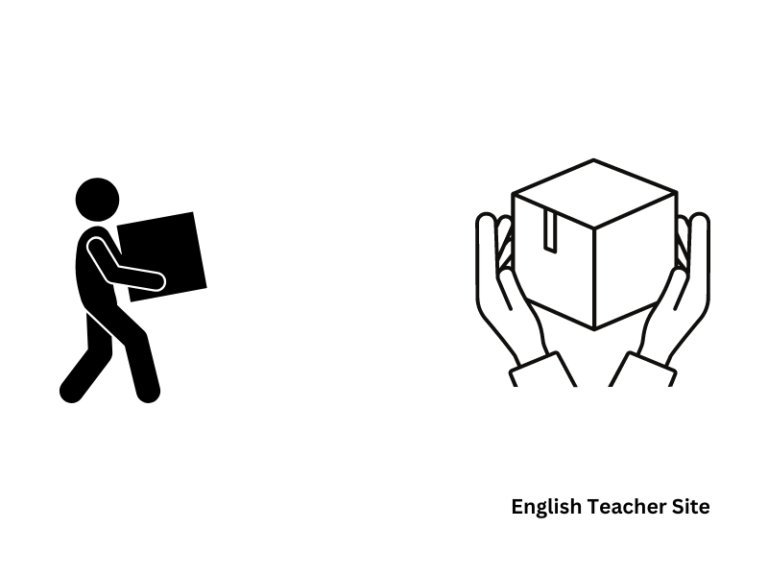What’s the Past Tense of Do, Do, Does, Did, or Done? Unveiling Verb Tenses

- ‘Did‘ is the past tense of the verb ‘do’, applicable for all subjects.
- ‘Do‘ is an irregular verb with a unique past participle form, ‘done’.
- Mastery of ‘do’, ‘does’, ‘did’, and ‘done’ is essential for accurate English grammar.
In English grammar, regular verbs have a defined pattern for their past forms, usually with an -ed ending. However, ‘to do’ is considered an irregular verb because it does not follow this typical pattern; instead, its past form is ‘did’. The past participle form of ‘to do’ is ‘done’, which is used in perfect tenses and requires an auxiliary verb, such as ‘has’ or ‘had’, to complete the construction. Mastering the proper use of ‘do’, ‘does’, ‘did’, and ‘done’ is crucial for constructing grammatically correct sentences in English.
What’s the Past Tense of “Do”? Do, Does, Did, Doing, or Done
This section clarifies the past form as well as other verb forms and usage contexts.
Verb Forms of Do
The verb “Do” has multiple forms that serve different purposes:
- Base Form: Do
- Third Person Singular Present: Does
- Simple Past: Did
- Past Participle: Done
- Present Participle/Gerund: Doing
Is “Do” an Irregular Verb
Do is considered an irregular verb because it does not follow a standard pattern of conjugation typically associated with regular verbs whose past tense and past participle are formed by simply adding ‘-ed’ to the base form.
When to Use “Did” vs “Does”
- Did: Used for the simple past tense, regardless of the subject. Example: “He did the work.”
- Does: Used for the third person singular in the present tense. Example: “She does her homework.”
When to Use “Did” vs “Done”
- Did: The simple past tense form, used without an auxiliary verb. Example: “They did their chores.”
- Done: The past participle, often used with an auxiliary verb (“has,” “have,” or “had”). Example: “He has done his assignment.”
Examples of Present Tense Verb “Do” Used in Context:
- “I do my best to stay informed.”
- “They do not hesitate to ask questions.”
Sentence Examples of the Verb “Does” in Context:
- “She does everything with care.”
- “He does not understand the problem.”
Examples of the Word “Did” Used in Sentences:
- “Did you know the answer?”
- “They did not go to the event.”
Examples of “Done” (Past Participle) in Context:
- “All the work has been done.”
- “Has she done her homework yet?”
Origin of the Verb ‘Do’
The verb “Do” originates from the Old English “dōn,” which has Germanic roots. Its usage has been widespread in various forms and meanings throughout the history of English.
Source
Etymology online, origin of do
My name is Khamis Maiouf. I am the creator of the English Teacher Site, dedicated to providing valuable resources and insights for students around the world. With a passion for education and a commitment to helping students enhance their skills, I aim to make English teaching more effective and enjoyable for both educators and students.






